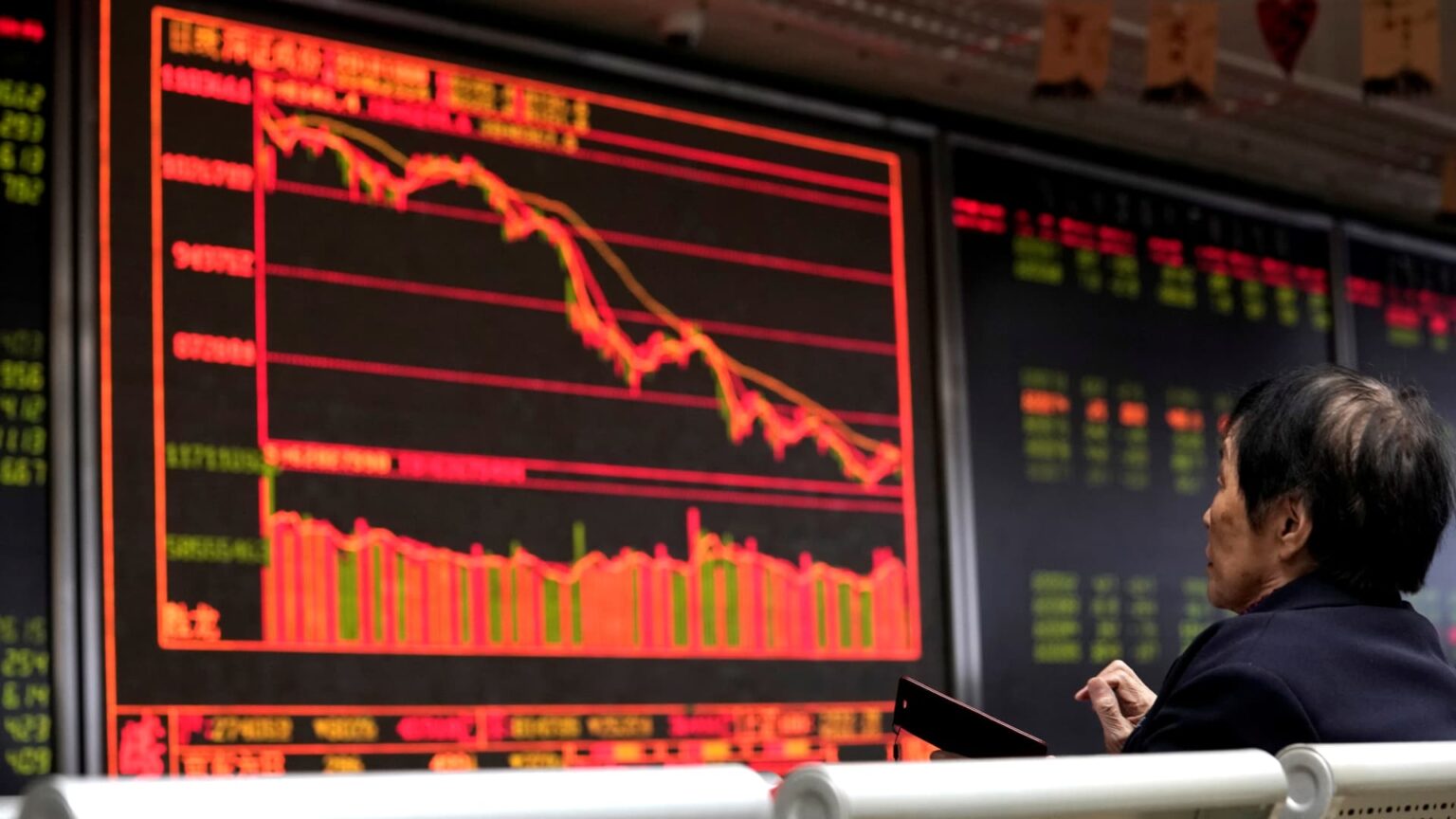BEIJING — Chinese stocks will likely climb by at least 10% in coming days as authorities signal concerted support efforts, said Marko Papic, partner and chief strategist at Clocktower Group.
Papic pointed in particular to Bloomberg’s report Tuesday that Chinese President Xi Jinping was to receive a briefing from financial regulators about the latest stock market sell-off. The report, citing sources, said the meeting could have happened as soon as Tuesday.
The Chinese securities regulator has issued multiple public statements in recent days aimed at bolstering investor confidence, including announcements of state-backed purchases.
“If you’re willing to meet, to help with stocks, then why wouldn’t [you] do something to help stabilize growth?” Papic said.
He added that it would be “very strange if the Chinese focused on stabilizing equities, not the fundamental macro economy.”
Beijing has so far refrained from large-scale stimulus. However, tensions with the U.S., a weaker-than-expected recovery from the pandemic and a slump in the real estate market have sent consumer sentiment to near record lows.
The National Financial Regulatory Administration and the China Securities Regulatory Commission did not immediately respond to CNBC requests for comment.
Mainland Chinese stocks traded mostly higher Wednesday, following gains on Tuesday. The Shanghai composite had hit a five-year low on Monday.
“We may have seen a bottom in investor sentiment,” Papic said in a phone interview Wednesday.
A “10% to 15% rally in Chinese equities is likely in coming trading days,” he said. “Tactical plays to bottom fish this may make sense.”
That’s a shift in Clocktower’s view from just last week when it told investors to “refrain from bottom fishing.”
Papic said he’s been bearish on Chinese stocks for the past 12 months, and didn’t rule out the possibility the latest rally “could be a dead cat bounce.” The term refers to a small, brief recovery that is followed by the continuation of a downtrend.
“But I think the fact that the Chinese government is willing to prop up stocks, propping up the economy through fiscal policy is not much of an ideological leap,” he said. “I think they’re moving in the right direction.”
Clocktower says it’s an alternative asset management platform. It also helps deploy foreign capital into China.
Chinese stocks are still down for the year so far, following a 2023 marked by losses.
Papic said a factor in the market sell-off this year was that Xi and other top Chinese officials held a meeting in mid-January that indicated Beijing would focus its anti-corruption efforts on the financial sector.
Waiting for more details
Mainland Chinese stock markets are set to close on Friday for the weeklong Lunar New Year, and reopen on Monday, Feb. 18. The Hong Kong stock exchange is closed Feb. 12 and 13 for the holiday.
It remains unclear to what extent Chinese authorities are able and willing to act.
Jeremy Stevens, Asia economist at Standard Bank, said in a note Wednesday that “similar interventions in 2015 did not achieve their goals.”
That summer, mainland Chinese stocks saw a significant plunge that they have yet to recover from.
“It’s worth remembering that in August 2015, Chinese stocks suffered their most drastic four-day downturn since 1996 amid fears that the government might have to retract its market support strategies,” Stevens said.
Looking ahead, he said that “China’s economic growth is expected to continue sliding without last year’s supportive base effects, and markets will watch carefully as policymakers set a growth target and policy focus at the National People’s Congress in March.”
Read the full article here













